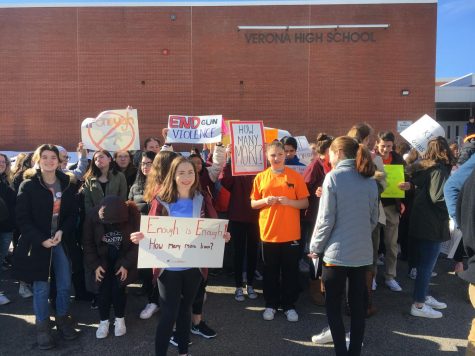Legalization of Marijuana
On September 17, 1787 the Founding Fathers finished writing the Constitution of the United States of the America, still the supreme law of our land. Little did men like George Washington, Benjamin Franklin, and James Madison know that in 2013 there would be legislation legalizing marijuana.
On the night of the 2012 presidential election Colorado became the first U.S. state to legalize cannabis for personal and recreational use for adults under the age of 21. Amendment 64, outlining the state’s intended statewide marijuana policy, was passed as 55% of voters approved the initiative. The first stores selling recreational marijuana opened on January 1, 2014.
When the current president of the United States can openly admit that he was once a frequent marijuana smoker, it is clear times are changing. Colorado is serving as the country’s “guinea pig” as it is demonstrating both the benefits of legalizing cannabis for recreational use as well as its drawbacks. Overall I believe the pros of legalization outweigh the cons and that within several years more and more states will be following in the footsteps of Colorado.
Tobacco and alcohol, two legal drugs, result in a combined annual 520,000 deaths, while zero deaths are attributed to marijuana use. Marijuana, a plant that relieves certain pains and combats various illnesses, is much less toxic then many of the chemically infused drugs doctors prescribe patients. Each year the United States spends around $45 billion dollars to prohibit marijuana. Legalization will allow this money to be put to other uses as well as it will solve the countries border crisis as it will greatly weaken many drug cartels. Among all other reasons, the legalization will stimulate the economy and increase revenue as Harvard economist and Nobel Laureate Jeffrey Miron claims it would produce nearly $40 billion dollars in tax dollars annually.
A 2013 Gallop poll revealed that 45% of the country believed cannabis should be legalized, still leaving this opinion in the minority. Many Americans believe that legalization will create new consumers rather than rescuing current ones. However, criminalization of marijuana has done little or nothing to keeping it out of the hands of people; approximately 67% of Americans claim they know a source to obtain cannabis. Another public opinion is that marijuana is a gateway drug. Marijuana is considerably less addictive than alcohol, tobacco, and even fatty foods. Drug users will partake in the consumption of mood altering substances, there is no correlation linking marijuana use and other “hard” drugs.
In 1987 about 16% of Americans believed marijuana should be legal and since then each year the number has increased. A 2013 Gallop poll showed that 55% of Americans believe that legalization throughout the country will come within the next decade. I simply believe that with the growing popularity of cannabis and the research being conducted to demonstrate its benefits it will be shocking if it does not begin to become legalized around the country in the next several years. Colorado was just the first, now it is a domino effect.











